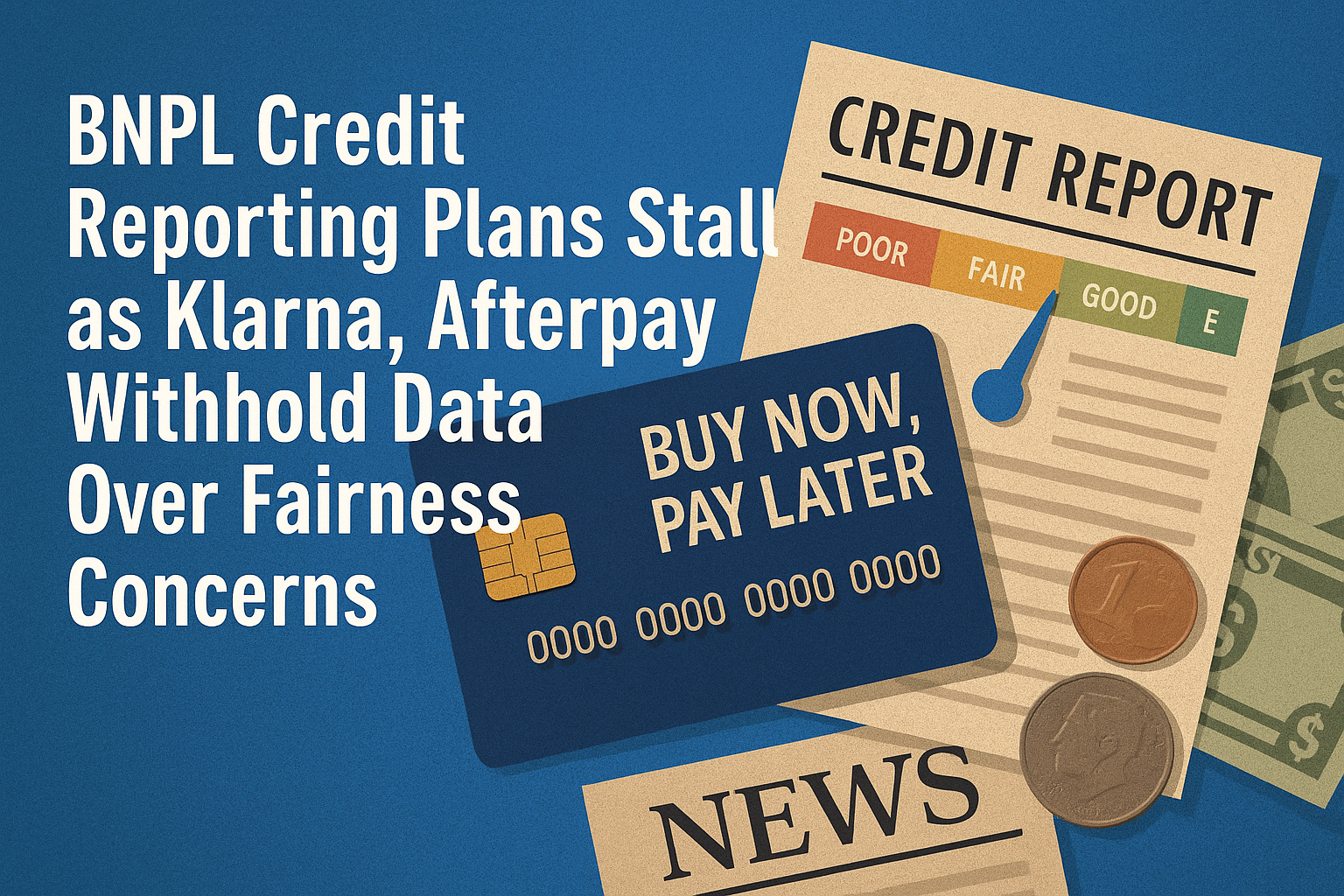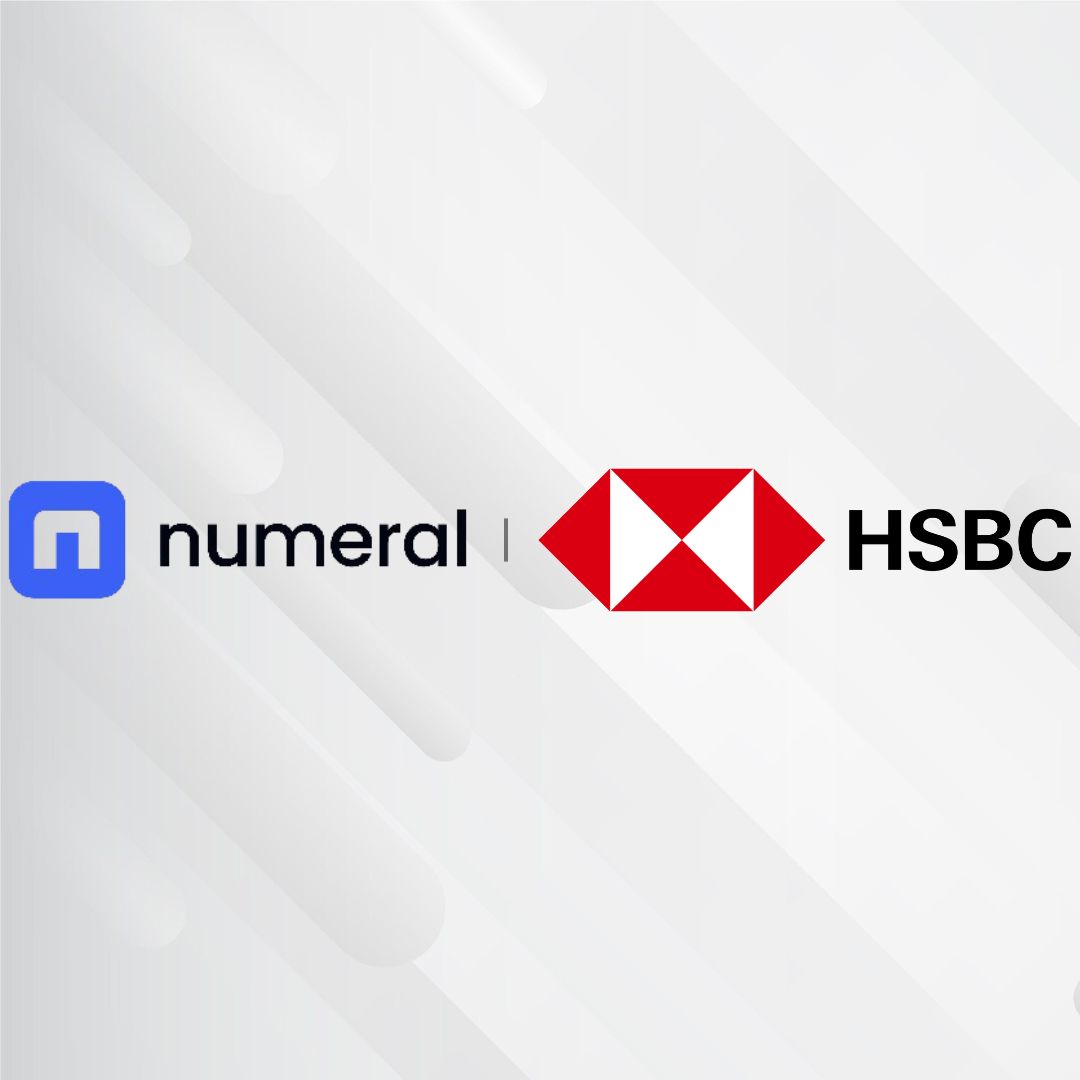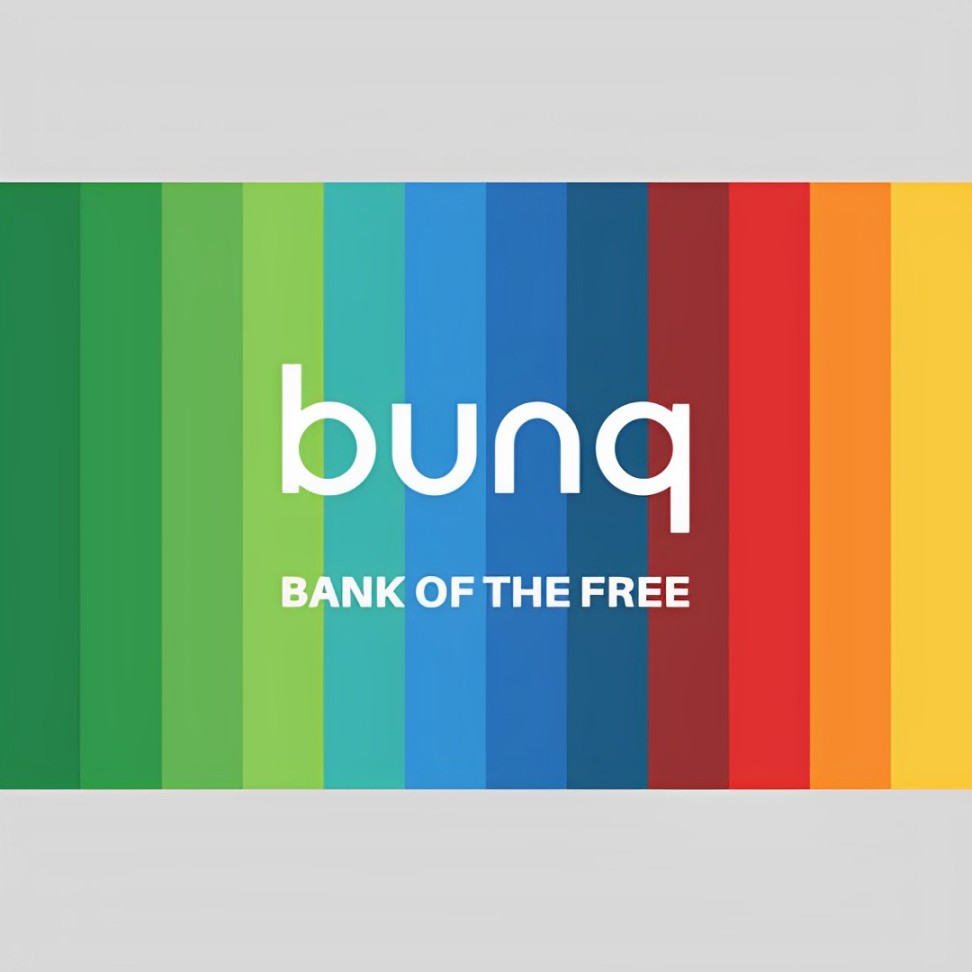 Efforts to include Buy Now, Pay Later (BNPL) loans in credit scores are facing early resistance, as major providers Klarna and Afterpay announce they will withhold customer data from credit bureaus until they receive assurances that users won’t be unfairly penalized.
Efforts to include Buy Now, Pay Later (BNPL) loans in credit scores are facing early resistance, as major providers Klarna and Afterpay announce they will withhold customer data from credit bureaus until they receive assurances that users won’t be unfairly penalized.
BNPL data was expected to start influencing credit scores as early as this fall. However, Klarna said it will not share the majority of its loan data due to concerns that current credit scoring frameworks—designed for traditional lending—could misrepresent responsible BNPL usage. Afterpay, owned by Block, echoed similar sentiments, citing a lack of trust in how legacy systems interpret new forms of credit.
“Credit reporting, scoring, and interpretation still largely operate under legacy frameworks,” said Juan Hernandez, Head of Underwriting and Credit at Block. The concern is that consumers using BNPL for everyday purchases—from electronics to groceries—might be viewed as higher risk, potentially impacting their ability to access mortgages or credit cards.
The stakes are high: BNPL transactions are projected to hit $100 billion in 2025. While lenders worry BNPL usage may signal financial strain, FICO’s latest scoring model could actually boost scores for those using BNPL responsibly.
Klarna emphasized that sharing its data prematurely could lead to inconsistent or biased interpretations, reinforcing the need for clear, standardized integration protocols that reflect the realities of modern consumer behavior.
Until such frameworks are in place, BNPL providers appear poised to hold back data—potentially delaying industry-wide efforts to fold this growing credit method into mainstream credit assessment.




